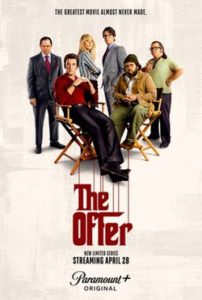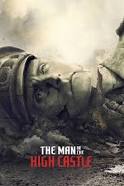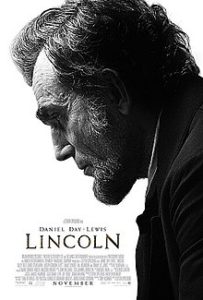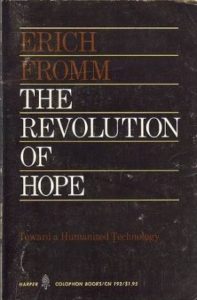
Poor You… You Were Dealt a Bad Hand
Part II: The Reality of Playing the Victim
Why do so many smart, educated people buy into the ideology of identity theory, a clearly illogical and demonstrably destructive way of thinking? Why has the Culture of Victimization spread so rapidly around the Western world?
One answer comes from a recognized fact and standard practice in marketing: Telling someone who is in pain or troubled that he’s not responsible for his plight is a prerequisite for selling him a cure. “It’s not your fault” is a phrase that is music to the conscience and a sedative for the troubled mind.
It’s bad enough that we have to live with our failures and shortcomings. But to have to live with the thought that it is up to us, and only us, to move on to better things… that’s an additional burden we may not want to bear. Hearing, on the contrary, that we are neither at fault nor responsible for getting better – and that there is a magical solution out there that will solve our problems painlessly – that puts us in the mood to buy!
In the diet industry, for example, you’d be hard-pressed to find an ad that doesn’t tell the prospect that his weight problem is not his fault. On the contrary, virtually every successful diet product is sold on the basis of correcting something other than “You eat too much.”
Saying, “It’s not your fault” gives absolution to the prospect, which lightens his mood and opens his mind to reading on. But if you can add to the promise of showing him the person or thing that is responsible for his weight… then you have not just a potential customer, but a potential proselytizer for your brand.
So, it’s not your fault if you are unemployed. Or neglect your children. Or beat your spouse. You’re not to blame if you are drug-addicted. Or if you shoplift or burgle or kill someone in a road rage incident. Your actions are the result of the disadvantages and bad treatment that society has dished out to you. You don’t need to be self-correcting. Society does.
But it’s not enough to stop at excusing your bad behavior. As a victim of social injustices in the past, you are entitled to special treatment now and in the future. You are entitled to anything and everything that other people, the privileged people that weren’t victimized like you, have.
This is an age-old con. Yet it’s never lost its luster. It is as appealing today as it has ever been.
But here’s the problem that I alluded to in Part I of this essay: Putting on the victim badge doesn’t solve your problem. It may give you temporary relief from any guilt you may feel. And it may get you sympathy from those that share your view of the world. But in the long run, it won’t help you move forward. Because nobody – not even your sympathizers – will do much to help you. And what they might do – by giving you handouts – will only make you weaker and less able to overcome your troubles long-term.
What’s worse is that every minute and every ounce of energy you spend on feeling victimized and blaming others for your problems will have added up to zero. You will wake up one day and realize that you wasted the best time of your life treading water. The world has passed you by.
In short, playing the victim won’t make you stronger or smarter or more skillful or more sympathetic or more likeable or more successful in any way.
No. Being upset about and blaming others for what you didn’t choose and cannot change will not reduce, but will increase, the obstacles you face.
It will not soothe your anger or self-hatred. It may cause hurt in others, and you may derive some short-term pleasure from that. But in the long run, it will hurt you much more.
And it will never move you one inch closer to a better or a happier existence.
What You Can Do About It
The solution is simple. Every time you want to curse your fate and lash out at god or society or whatever demon caused you to be the victim you feel you are, look at yourself in the mirror and repeat this:
I didn’t choose it. I cannot change it. But I can change what I will do about it. I’m not going to feel sorry for myself. I’m not going to bitch. I’m not going to play the blame game. Because I am the one and only person that can save me. If I truly care about myself, and want a better future, I must pick myself up and get moving. One step forward at a time.
 MarkFord
MarkFord





